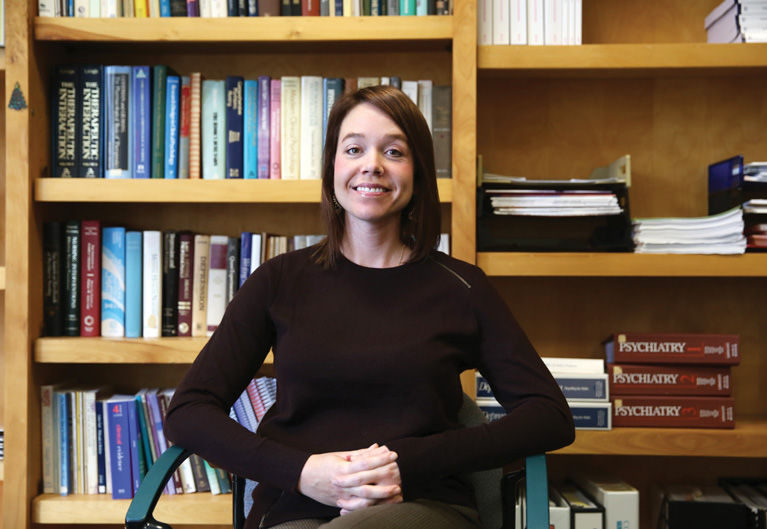
Insomnia. It seems everybody talks about it these days and a lot of people are trying to do something about it.
Unfortunately, here in Vero Beach as well as throughout the country, many of the things people are doing may be causing more harm than good.
For some that may include taking the so-called Z-drugs – Ambien (zolpidem), Lunesta (eszopiclone) and Sonata (zaleplon) – for extended periods of time, possibly increasing the risk of Alzheimer’s and other serious medical problems.
Speaking to Dr. Kristin Hicks, a psychiatrist at Indian River Medical Center, it’s clear that she, like most medical and psychiatric professionals, feels insomnia is more of a symptom than a disease.
Stress, she says, along with anxiety, diet, substance abuse, depression, interactions of various medications, pre-existing health problems, environmental conditions and just plain poor sleep habits are among the most likely causes of insomnia.
“The first thing I do,” says Hicks, “is to ask questions.” She screens for any psychiatric conditions and, she says, “If I don’t see any evidence of that, I’ll look for medical conditions since I’m also an MD.”
Finding the underlying cause of insomnia, according to Hicks, is the key to effective treatment.
While some researchers break down insomnia into as few as four categories, the American Academy of Sleep Medicine has come up with a list of eleven different classifications.
That’s probably not much consolation to someone who consistently wakes up at 3 a.m. and is unable to get back to sleep, let alone someone who wakes up groggy each morning and is prone to nodding-off during the day. Still, until a root cause for a patient’s insomnia is found, solutions are elusive.
The Centers for Disease Control and Prevention, (CDC), estimates that fully a quarter of the American public suffers from some kind of sleep disorder and some researchers think that number is far greater. The National Sleep Foundation, for example, says more than half of all American adults, when questioned, will admit that they suffer from some form of insomnia.
There are scores of over-the-counter sleep aids available at local CVS or Walgreens with names such as ZzzQuil, TylenolPM and Unisom, though a recent Duke University study cast some doubt on the effectiveness of such products and Dr. Hicks is dubious, too.
“They may work in the short term,” explains Hicks, “but when people take more than the recommended dose, the effect is the opposite.”
Meanwhile, the major pharmaceutical firms are wide awake to the problem of sleeplessness and prescription sleep aids have now become a multi-billion dollar business.
Current estimates are that about eight million American adults use prescription sleep aids every month, according to a study just published by the CDC.
The CDC also notes these drugs all have risks.
Hicks agrees wholeheartedly. “I’m not a big fan of prescription sleep aids,” she states flatly. “I see them as something of a quick fix.”
She believes looking into a patient’s habits, diet, exercise, overall health and other factors will lead to better, longer lasting results.
While the Z-drugs – Ambien, Lunesta and Sonata – have earned approval by the Federal Drug Administration, they are reported to have many serious side effects.
The American Geriatric Society is a major critic of the Z-drugs. It is concerned that seniors using them may experience daytime confusion, memory problems and serious balance issues.
In fact, they have added this whole class of drugs to a published list of medications they say seniors ought to avoid because their side effects might very well outweigh their benefits if used for more than 90 days.
Researchers in France and Canada, using data from Quebec’s health insurance program, also found a 51-percent increased risk of Alzheimer’s in elderly people who used certain prescription sleep aids for three or more months at a time. Considering the terrible toll that Alzheimer’s takes on the lives of those it afflict and their loved ones, these drugs are frowned on by many doctors.
Considering the risks, Dr. Hicks urges caution.
“In a perfect world,” she says, “people will have a trusted family doctor to talk to about insomnia” but failing that, she urges anyone who has trouble sleeping to find a doctor who will ask questions before writing prescriptions.



